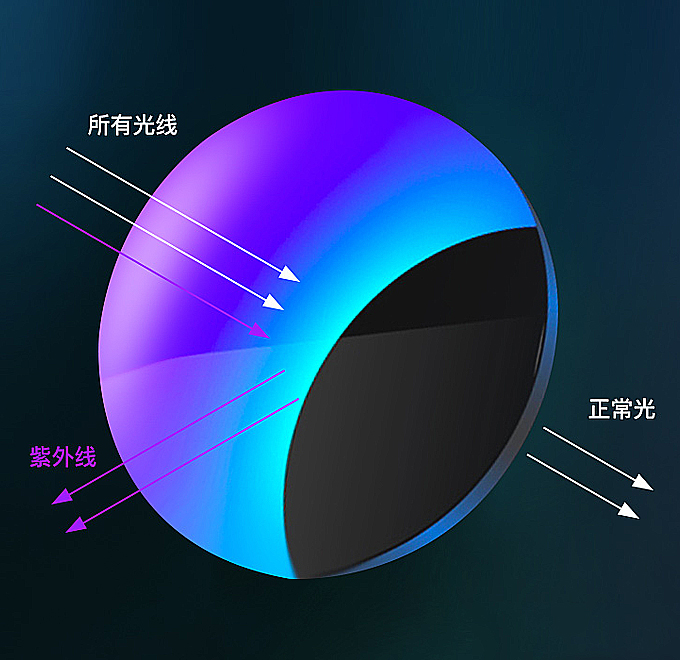Optical Glasses vs. Contact Lenses: Which Is the Better Choice?
When it comes to vision correction, two primary options stand out: optical glasses and contact lenses. Both have their advantages and disadvantages, and the choice between them often boils down to personal preferences and lifestyle. In this comparison, we'll explore the pros and cons of optical glasses and contact lenses to help you make an informed decision. By the end of this article, you might find that optical glasses, despite their traditional reputation, are indeed the better choice for many.
Optical Glasses: The Reliable Classic
Optical glasses have been around for centuries, and for a good reason. They offer several advantages that make them a preferred choice for many:
Ease of Use: One of the most significant advantages of optical glasses is their simplicity. You put them on, and you're ready to go. There's no need to touch your eyes or go through the learning curve of inserting and removing contact lenses.
Eye Protection: Glasses provide a barrier between your eyes and the environment. They shield your eyes from dust, wind, and harmful UV rays. Some optical lenses can even be coated to reduce glare and filter blue light from screens, offering additional protection.
Low Maintenance: Glasses require minimal maintenance. Cleaning them with a microfiber cloth and a bit of lens cleaner is usually all that's needed to keep them in top condition.
Fashion Accessory: Optical glasses have evolved into fashion statements. There's a wide variety of frames to choose from, allowing you to express your style and personality.
However, optical glasses are not without their drawbacks:
Limited Peripheral Vision: Frames can obstruct your peripheral vision, which may be a concern in certain situations, such as while driving.
Prone to Fogging: Glasses can fog up in humid or cold conditions, which can be inconvenient.

Contact Lenses: The Invisible Option
Contact lenses, on the other hand, have their own set of advantages:
Unobstructed Vision: Contact lenses provide a full field of vision without frames getting in the way. This can be especially beneficial for athletes and those with active lifestyles.
Natural Appearance: Contacts are virtually invisible, so they don't alter your appearance or style.
No Fogging or Glare: Unlike glasses, contact lenses won't fog up or produce glare in changing environmental conditions.
Suitable for All Activities: Whether you're swimming, playing sports, or simply want to change your eye color, contact lenses can accommodate a wide range of activities.
However, contact lenses also have their share of drawbacks:
Complex Maintenance: Contacts require meticulous cleaning and maintenance to prevent eye infections and discomfort.
Allergic Reactions: Some people may experience allergies or discomfort when wearing contact lenses.
Cost: Over time, contact lenses can be more expensive than optical glasses due to the ongoing need for cleaning solutions, replacement lenses, and regular check-ups with an eye care professional.
Conclusion: Optical Glasses Stand Tall
While both optical glasses and contact lenses have their merits, it's clear that optical glasses offer distinct advantages in terms of ease of use, eye protection, and low maintenance. The inconvenience of having to clean, insert, and remove contact lenses, along with the risk of eye infections, can make them a less attractive choice for many.
Ultimately, the choice between optical glasses and contact lenses depends on your individual needs and preferences. If you value simplicity, protection, and style without the hassles of contact lens care, optical glasses are the better choice. However, it's essential to consult with an eye care professional to determine which option is best suited to your unique vision requirements and lifestyle.
218
0
0
Previous: None



Comments
All Comments (0)